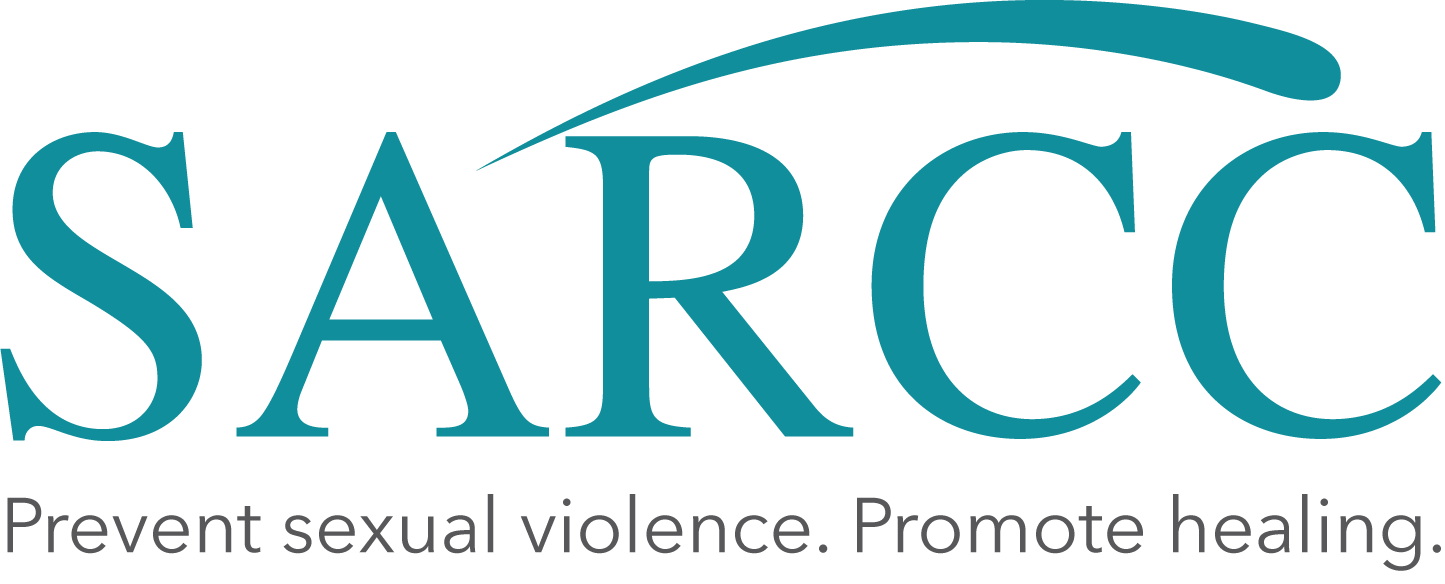CONTACT:
Alissa Perrotto, SARCC CEO, aperrotto@sarcclebanon.org, 717-270-6972
Or
Nicole Maurer, Executive Director, Community Health Council of Lebanon County, nmaurer@wellspan.org
Pinwheel Project Series (1st Editorial): Child Abuse Awareness
Serie de proyectos Pinwheel: Concientización sobre el abuso infantil
Children are our most precious resource. They are the future. They are fun-loving, curious, engaging, silly, stubborn, kind, and growing all the time. For all these reasons, it is hard for most adults to wrap their minds around child abuse.
As CEO of one of several organizations working with children who have experienced abuse every day, I can share that all these amazing qualities can and do shine through, even when a child has survived abuse. With several recent cases of child abuse and neglect plastering the Lebanon County news feed, it only makes the sense that the community is asking, “What can we do?” and “How do we heal from this?”
One of the ways that we can help children move from trauma to resilience is by making a commitment to be an informed, engaged community that prioritizes the health and safety of our children and families. Remember that child abuse is common, even in our community. Last year, Lebanon County Child Protective Services investigated 1,363 cases of child abuse and neglect.
Child Protective Services Law in PA defines child abuse as intentionally, knowingly, or recklessly causing: Bodily injury or sexual abuse (or reasonable likelihood thereof), or death through any recent act or failure to act; serious mental injury through any recent act or failure to act; serious physical neglect; or human trafficking. The law includes a few specific acts, for example, shaking an infant under one year of age. Specifics are outlined online.
Pennsylvania has both mandated reporters and permissive report options. Mandated reporters are required to report child abuse immediately because of their professional or volunteer role. They must make an immediate and direct report of suspected child abuse to ChildLine either electronically at www.compass.state.pa.us/cwis or by calling 1-800-932-0313. Mandated reporters must report, no matter where or how they learn about the suspected abuse. However, it is important to know that ANY community member may act as a permissive reporter. This means they may call Childline at 1-800-932-0313 to make a report. Reports are kept anonymous.
Anyone can report suspected abuse. You do not need to have witnessed the abuse, or have concrete evidence that abuse occurred to report your concerns. There are protections under the law to protect from liability and discrimination for making a report. Identity of the reporter is protected by both law enforcement and child protective services. Do not assume that someone else with more experience or expertise will report or know how to help. We all have a responsibility to know the signs of abuse, and act to support the health and safety of children.
Two training opportunities will be available in Lebanon County during April, which is Child Abuse Prevention Month. The first will take place on April 7 at 6 pm. It is for general community members and will share information on recognizing signs of abuse and how to report it. The second is on April 15 at 9 am. It is a free 3-hour training for mandated reporters and child-serving professionals and will satisfy state requirements for Mandated Reporters. Registration for both events is on Event Brite.
Over the next few weeks, several organizations, including Children and Youth, SARCC, DVI, the Community Health Council, the Children’s Resource Center, and United Way, will be teaming up to help educate our community on the signs of abuse and what we can do about it. This will begin with a Proclamation by County Commissioners on April 1st and the dedication of a Pinwheel Gardens in four Lebanon County communities. These gardens will be placed at the Lebanon County Courthouse, Annville Free Library, Palmyra Borough Hall, and Myerstown Borough (location TBD). The pinwheels represent the children served by the partner organizations during 2020.
These gardens and training opportunities represent our community-wide commitment to seeing signs of possible abuse and ACTING to keep children safe and to support families. Child abuse is preventable, and it is the responsibility of adults to protect children.
Join us in April as we say NO MORE to child abuse.

